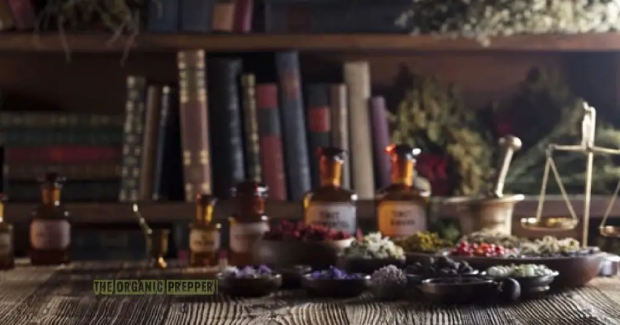
Breaking News
 China's Nightmarish New Bio Weapon Targets Race and Ethnicity
China's Nightmarish New Bio Weapon Targets Race and Ethnicity
 The Epstein Files Just EXPOSED the AI Mind Control Agenda (2026 Warning)
The Epstein Files Just EXPOSED the AI Mind Control Agenda (2026 Warning)
 Maxwell offers testimony if granted Trump clemency
Maxwell offers testimony if granted Trump clemency
 How RFK Jr's Guidelines Could Change Farming - Joel Salatin
How RFK Jr's Guidelines Could Change Farming - Joel Salatin
Top Tech News
 SpaceX Authorized to Increase High Speed Internet Download Speeds 5X Through 2026
SpaceX Authorized to Increase High Speed Internet Download Speeds 5X Through 2026
 Space AI is the Key to the Technological Singularity
Space AI is the Key to the Technological Singularity
 Velocitor X-1 eVTOL could be beating the traffic in just a year
Velocitor X-1 eVTOL could be beating the traffic in just a year
 Starlink smasher? China claims world's best high-powered microwave weapon
Starlink smasher? China claims world's best high-powered microwave weapon
 Wood scraps turn 'useless' desert sand into concrete
Wood scraps turn 'useless' desert sand into concrete
 Let's Do a Detailed Review of Zorin -- Is This Good for Ex-Windows Users?
Let's Do a Detailed Review of Zorin -- Is This Good for Ex-Windows Users?
 The World's First Sodium-Ion Battery EV Is A Winter Range Monster
The World's First Sodium-Ion Battery EV Is A Winter Range Monster
 China's CATL 5C Battery Breakthrough will Make Most Combustion Engine Vehicles OBSOLETE
China's CATL 5C Battery Breakthrough will Make Most Combustion Engine Vehicles OBSOLETE
 Study Shows Vaporizing E-Waste Makes it Easy to Recover Precious Metals at 13-Times Lower Costs
Study Shows Vaporizing E-Waste Makes it Easy to Recover Precious Metals at 13-Times Lower Costs
The Herbalist's Bookshelf

When I was first learning about herbs, I didn't have a computer. Back in my day, all we had were books.
The internet has been both a boon and a curse for herbalism. On one hand, there are websites with extensive collections of early medical books and herbal books, access to scientific studies on herbs, and articles on herbs and crafting herbal medicine by skilled herbalists. There are loads of YouTube videos with tutorials on herbal skills and plant ID. The best part, the vast majority of it is all free.On the flip side, we also get the clickbait sites with unsupported articles and wild claims of cure-alls. The worst are the Facebook memes. These things just won't die- like the onion slices in a sock that cure everything from the flu to pneumonic plague and how coconut oil "cures" literally everything.
Recommended Reading for Herbalists
Thankfully, we have lots of wonderful, well-researched, and well-written herbal books today – many more than were available when I was learning. I have put together a list of what I consider "required reading" below.
Anatomy and Physiology
• Holistic Anatomy: An Integrative Guide to the Human Body, by Pip Waller, is an anatomy book that resonates with many holistic practitioners. It covers Anatomy in a way that is scientifically sound but is holistic in approach. While there are many A&P textbooks on the market, most are written with the medical field in mind. This book is far more readable to the average person.

 Smart dust technology...
Smart dust technology...

